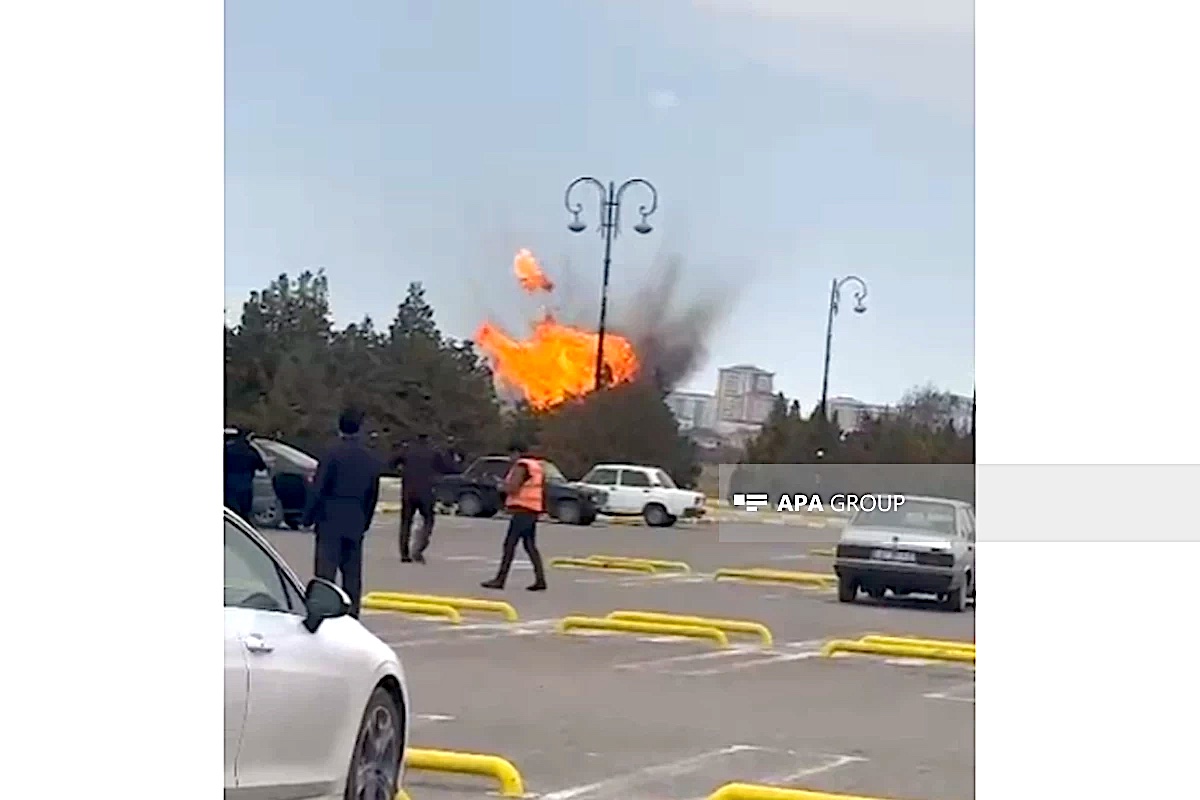"Reconsider support for Georgia's Euro-Atlantic aspirations." Conference in Brussels
Conference in Brussels discusses Georgia
A member of the European conservative and reformist faction, former Polish foreign minister and MEP Anna Fotyga held a conference in Brussels on November 29. Participants criticized the current government of Georgia and openly hinted at ties with Russia. Former US Ambassador to Georgia Ian Kelly even said that support for Georgia’s Euro-Atlantic aspirations might need to be reconsidered. “Oligarchs, visible ties with Russia, the war in Ukraine and the future of Georgia” was one such estimate.
What conference participants said
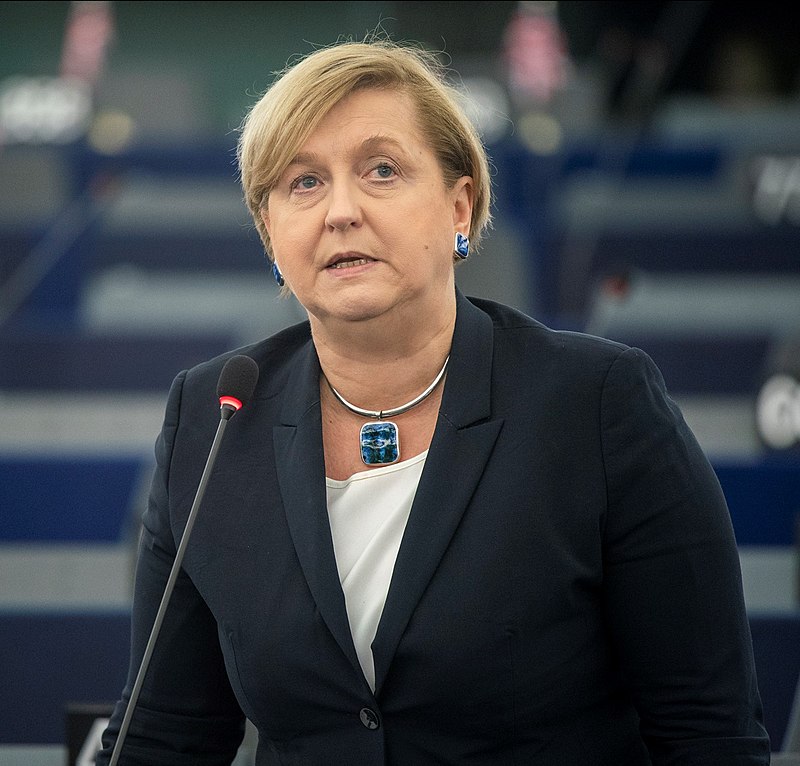
Anna Fotyga, MEP:
“We have experience of a similar situation in Moldova, and perfectly a situation where one oligarch had influence on the politics of this country. Both Moldova and Georgia are small countries. One oligarch, one person influences both the political and economic life of the country with his money. We are concerned about visible ties with Russia, we are concerned about the lack of interaction with the Ukrainian authorities, with those who are fighting for the independence of their country. The opposite is happening, namely connections with sanctioned Russian oligarchs and businessmen are plain. As for statements about involving Georgia in the war, this is absurd.”
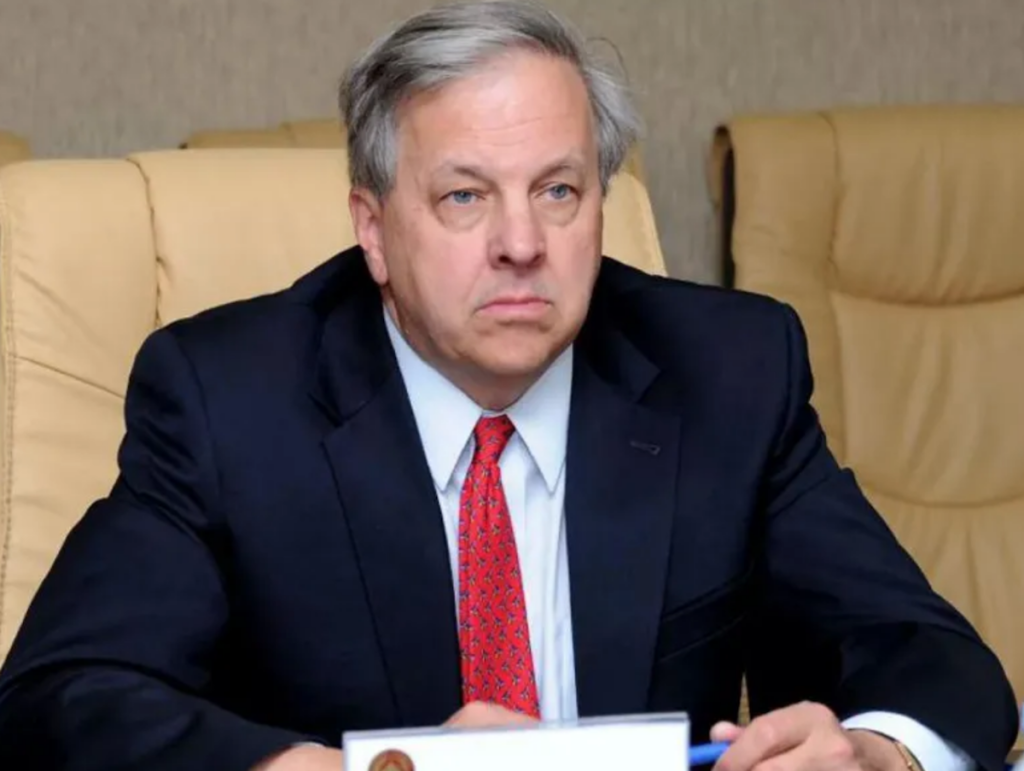
Ian Kelly, Former US Ambassador to Georgia:
“Recently, we have clearly seen steps in the opposite direction, away from the West. This is really disturbing. These backward steps are combined with blatant and unprecedented attacks on the United States in the last thirty years. This makes us wonder if we should reconsider support for Georgia’s Euro-Atlantic aspirations and what we can do to change the anti-Western tendencies that are hindering necessary reforms.”
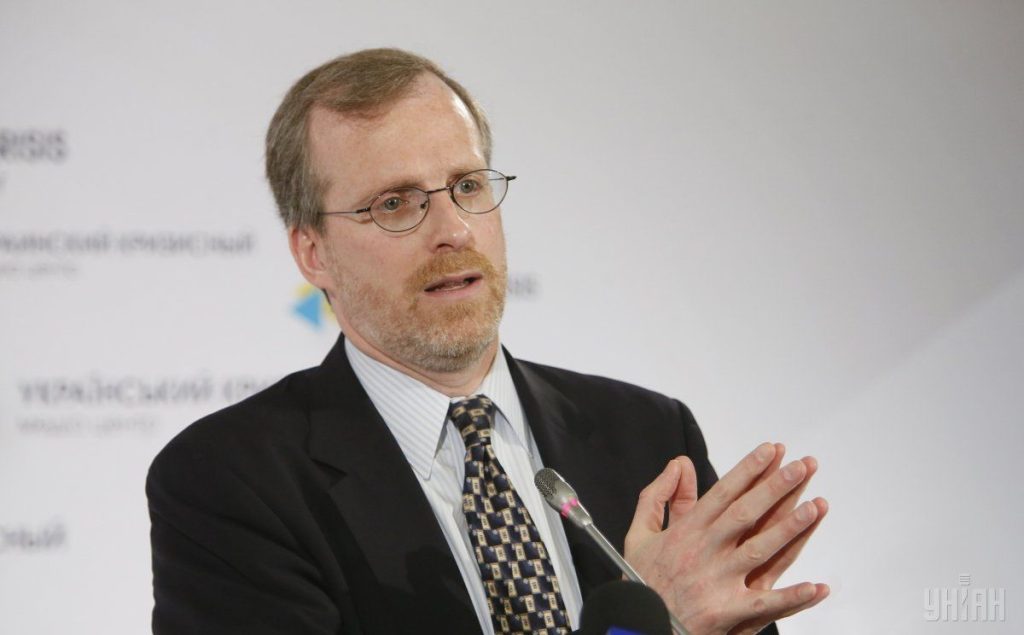
David Kramer, former senior US State Department official, Assistant Secretary of State 2008–2009:
“Georgia has the right to choose its future. Georgians and the government of the country are simply obliged to be on the side of Ukraine. This is exactly how the Georgian people behaved, but this is not what the government of Georgia did. So Georgia must also help the Ukrainian government win. This will benefit not only the countries of the region, but also Georgia itself.”
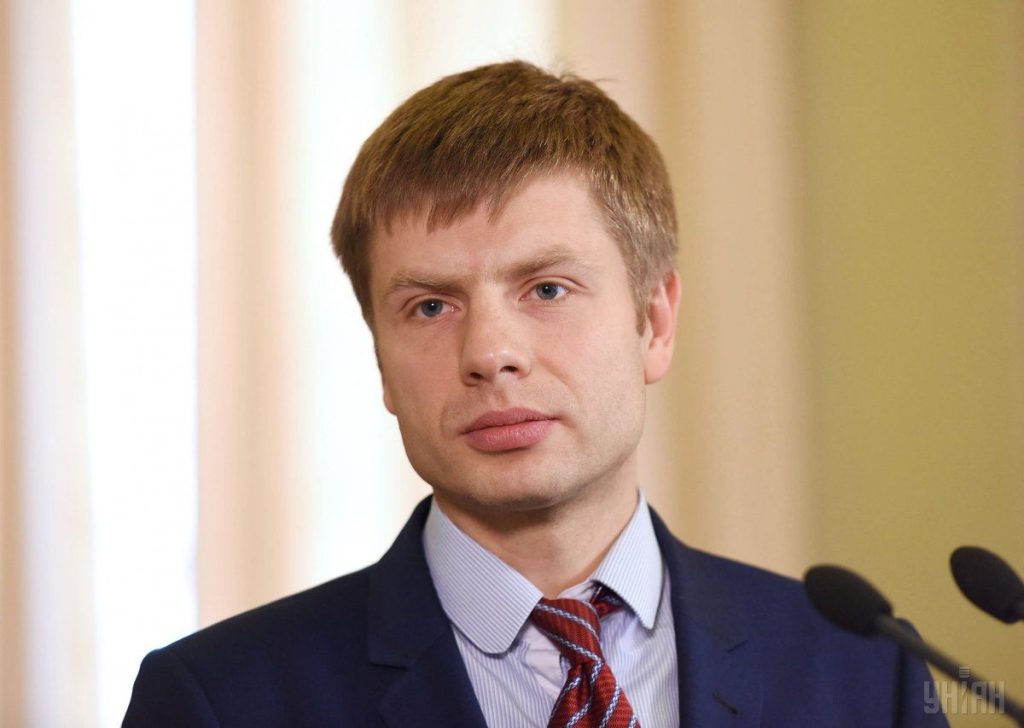
Oleksiy Goncharenko, member of the Rada of Ukraine:
“Bidzina Ivanishvili can easily do just two things. First, he must give parliament the right to declare Russia a terrorist state and publicly announce this to the world community. I would like to inform you that the European Commission, NATO, Estonia, Latvia, Lithuania, Poland, Czech Republic have already done this. Georgia wants to become a member of the European Union, and I would also like to see Georgia in the European Union. But in this case, if the country really wants it, it should take the same position as Europe.
Show Parliament that you are on this side. Make a decision tomorrow and declare Russia a terrorist state, do it openly, and I will thank you and, of course, I will see that you are on the right side. We are not asking Georgia to join the fighting. But in 2008 when Georgia was attacked, it was Ukraine that helped Georgia with weapons. If you don’t have much, give one to officially show us that you’re on the right side.”
- ‘The decline of democracy in Georgia is alarming’ – US Senate Committee
- Ukraine and Moldova received the status of EU candidates, Georgia – only an EU prospect
According to a compromise document passed by the European Parliament on November 8, billionaire Bidzina Ivanishvili, whom opponents of the Georgian government consider a shadow ruler, is no longer referred to as an oligarch. However, the name of the businessman is still used in the context of “deoligarchization”, and a demand is made to curtail his influence.
Follow us – Twitter | Facebook | Instagram
The document also refers to the persecution of opposition media in the country, political persecution, the procedure for electing a public defender, and that the European Parliament calls on the Georgian government to send former president Mikheil Saakashvili for treatment abroad “for humanitarian purposes and for reducing polarization in society”.
On July 13 it became known that the European Commission had postponed the assessment of the fulfillment of the twelve points outlined by the European Union for Georgia until 2023, instead of 2022.
On June 17 the European Commission prepared a report on granting Georgia, Ukraine and Moldova candidate status for EU membership. It was decided to grant this status to Ukraine and Moldova, while Georgia was first obliged to fulfill the twelve points.
Georgia, Ukraine and Moldova jointly applied for EU membership on 3 March.










